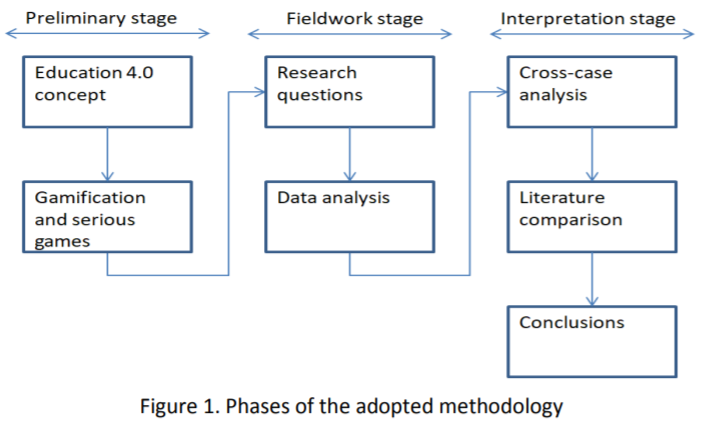
There is a growing conviction that economic and social development requires more and more the education of the population. Soft skills like teamwork, communication and resilience have progressively gained greater importance in the context of recent graduate qualifications. These new expectations of formation assume rupture with rigid and, in many cases, undifferentiated patterns of higher education. It also implies changes in the training profile, in the ability to apply knowledge creatively in the solution of concrete problems.
The inclusion of games in educational contexts, known as serious games, still generates a lot of controversy between teachers and society. Serious games in an educational context promote the development of skills and abilities through immersive experiences. The emergence of new technologies has fostered the appearance of new businesses and social interaction models. In fact, the technologies such as smart sensors, big data and 3D printing have been used successfully in the business sector and have contributed to economic and social development.
The is a series of questions and answers. The first question is how the concept of serious games is used in higher education. The second question is what the main benefits are. The third question is about the main challenges and difficulties of using the concept. The fourth question is which of these questions is the most important. The fifth and final question is the question of how to apply the concept to the real world. More
Gameauto4
The Role of Serious Games, Gamification and Industry 4.0 Tools in the Education 4.0 Paradigm